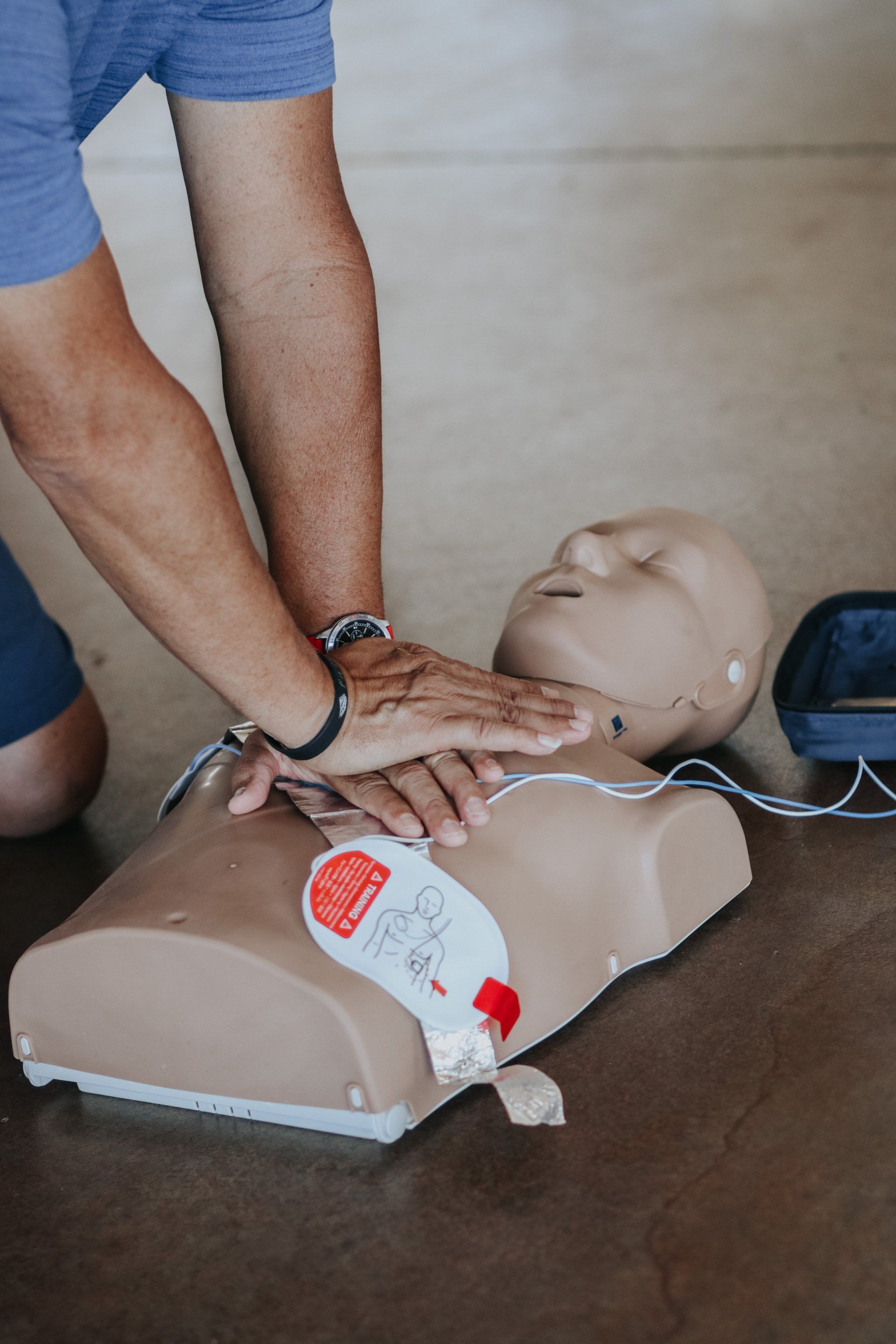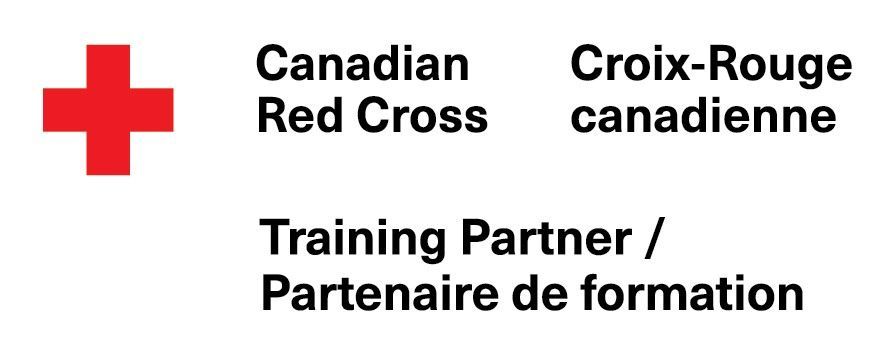The Effects of Stress and How Psychological First Aid Can Help
Stress is an inevitable part of life. Whether it’s the demands of a busy workplace, personal challenges, or the general pressures of modern living, stress can take a toll on our mental and physical well-being. In a city as diverse as Kelowna, BC, where a wide range of industries and lifestyles converge, understanding the effects of stress is crucial. Fortunately, there’s a valuable resource available in the form of Psychological First Aid Instructor courses in Kelowna, BC, designed to help individuals recognize, manage, and mitigate the impact of stress.
The Ubiquitous Nature of Stress
Stress is a universal experience, and its effects can manifest in various ways. In Kelowna, where the workforce is as diverse as the terrain, people face unique stressors depending on their occupations. Whether it’s the fast-paced nature of healthcare settings, the physical demands of outdoor work, or the challenges of hospitality and tourism, stress can affect employees across the board. It’s essential to understand how stress can influence individuals both mentally and physically.
Mental and Emotional Effects
Stress can lead to a myriad of mental and emotional consequences. It may result in heightened anxiety, making it challenging to focus and maintain productivity. In Kelowna, where outdoor activities and recreational opportunities abound, stress can hinder individuals from enjoying the stunning natural surroundings. Additionally, prolonged stress can lead to irritability, mood swings, and even depression. Understanding these mental and emotional effects is the first step in addressing the issue effectively.
Physical Impacts of Stress
The physical toll of stress should not be underestimated. It can contribute to various health problems, including high blood pressure, cardiovascular issues, and a weakened immune system. Kelowna’s active lifestyle, with its focus on outdoor pursuits, makes it even more critical to address these physical impacts. Stress can hinder one’s ability to participate fully in activities like hiking, water sports, and skiing, which are integral to the Kelowna experience.
How Psychological First Aid Can Help
Psychological First Aid courses are a valuable resource in Kelowna for addressing the effects of stress. These courses equip individuals with the knowledge and skills to recognize when stress is becoming overwhelming. They provide strategies for immediate intervention to mitigate its impact. The Red Cross Look, Listen, Link, Live model, taught in Psychological First Aid courses, offers a resiliency-building approach. It focuses on emotional, psychological, and social well-being, helping learners support themselves and others to cope with various stressors effectively.
Resilience Building Through Psychological First Aid
Psychological First Aid empowers individuals to build resilience. In Kelowna’s diverse workplace landscape, this is particularly relevant. Whether you’re a healthcare professional, a winery employee, or an outdoor adventure guide, resilience is a valuable asset. It enables individuals to adapt to stress, rebound from adversity, and maintain their mental and physical well-being. By understanding the effects of stress and employing strategies taught in Psychological First Aid courses, individuals in Kelowna can lead healthier, more productive lives.
Conclusion
At Signal Learning, we recognize that stress affects individuals across diverse workplaces in Kelowna, BC. Our Psychological First Aid Instructors course equips learners with the skills to understand and mitigate the impact of stress. In a city known for its diverse workforce and active lifestyle, we understand the various mental, emotional, and physical effects of stress. With our training, individuals can build resilience, recognizing when stress becomes overwhelming and implementing strategies to address it effectively. Through the Red Cross Look, Listen, Link, Live model, our course fosters emotional, psychological, and social well-being, enabling individuals to lead healthier, more fulfilling lives in Kelowna’s unique setting.







